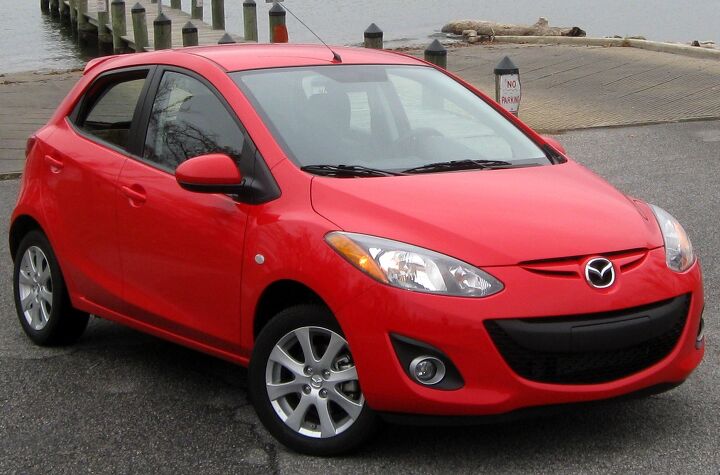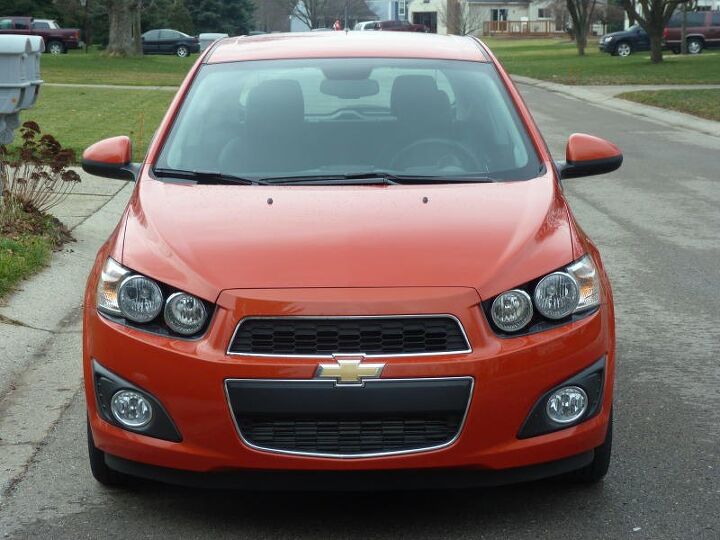#B-segmentCar
All-New Nissan Micra Goes On Sale In Europe In March, Not In Canada Anytime Soon
Remaining relatively faithful to the Sway Concept from last year’s Geneva Motor Show, Nissan unveiled the fifth-generation Micra at the 2016 Paris Motor Show, more than six years after the fourth-generation Micra arrived.
Directed at the European market, which Nissan says is the world’s largest market for hatchbacks, the Micra is not at all intended for sale in the United States. But what about Canada, where Nissan has racked up 27,000 Micra sales in 29 months and the Micra is the brand’s second-best-selling passenger car?
“We don’t have current plans to announce for Micra in Canada for now,” Nissan Canada’s director of corporate communications, Didier Marsaud, told TTAC in an email today. “But Micra remains an important product in our portfolio in the Canadian market.”
So he’s saying there’s a chance.
Hyundai, Mazda Eyeing Small Crossover Market
The growing small crossover segment, featuring the likes of the Nissan Juke, Buick Encore, Honda Vezel and Kia Soul, may soon find two new players in the game as both Hyundai and Mazda have their eyes on the prize.
Review: 2012 Chevrolet Sonic LTZ Turbo Take Two
My intial review of the 2012 Chevrolet Sonic was less than stellar. Considerably less. But, as noted, that reviewed covered the LT trim level with the normally-aspirated 1.8-liter four-cylinder engine and six-speed automatic transmission. Everyone else ( aside from our own Steve Lang) has been reviewing the LTZ trim level with the 1.4-liter turbocharged four and six-speed manual transmission. They’ve been much more positive about the car. How much difference can an engine, transmission, and tires make?


















Recent Comments